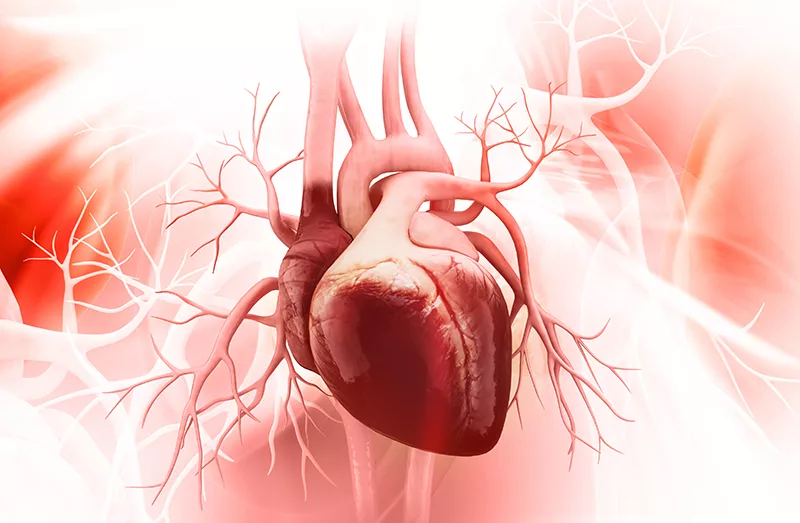
A coronary calcium score is a measure of the amount of calcium deposits in the coronary arteries, which can indicate the presence of atherosclerosis, a condition characterized by the buildup of plaque and the narrowing of arteries. A high coronary calcium score is associated with an increased risk of heart disease and heart attacks. Your lipid levels can be changed, but not always the plaque or the arteries. This means that unless you have an invasive procedure to remove plaque, there are no known lifestyle changes that can lower your coronary artery calcium score.
However, there are steps you can take to lower your heart disease risk and improve your heart health:
Adopt a heart-healthy diet
Eating a nutritious diet is essential for reducing your coronary calcium score and lowering your risk of heart disease. Focus on consuming plenty of fruits, vegetables, whole grains, lean proteins, and healthy fats, while limiting your intake of saturated fats, trans fats, cholesterol, sodium, and added sugars. Incorporating foods rich in antioxidants, fiber, and omega-3 fatty acids can help reduce inflammation and promote heart health.
Make exercise a regular part of your lifestyle
Perform aerobic exercises for at least 150 minutes at a moderate effort or 75 minutes at a strong intensity at least twice a week, and be sure to include muscle-strengthening activities in at least one of those sessions.
Give up smoking and cut down on alcohol
If you want to lower your risk of heart disease and heart attacks, quitting smoking and cutting down on drinking are great places to start. If you’re having trouble cutting down on drinking or quitting smoking, talk to a healthcare provider, visit a counseling facility, or join a support group.
Manage your stress
The risk of atherosclerosis and other cardiovascular diseases may increase for those who experience chronic stress. Take time for yourself to rest and unwind by doing things you love, such as deep breathing exercises, meditation, yoga, or progressive muscle relaxation.
Listen to doctors’ orders
It is of the highest priority to adhere to the recommendations and treatment programs given by your healthcare practitioner if you are dealing with preexisting health issues like diabetes, high cholesterol, hypertension, or obesity. In order to avoid issues, it is important to take prescription drugs as advised, attend frequent check-ups, and regularly monitor your health.
To protect your heart and lower your chance of heart disease and heart attacks, you should eat well, exercise regularly, stay away from bad habits, deal with stress, and do what your doctor tells you to do. Take care of your heart today, so you can be better tomorrow.



